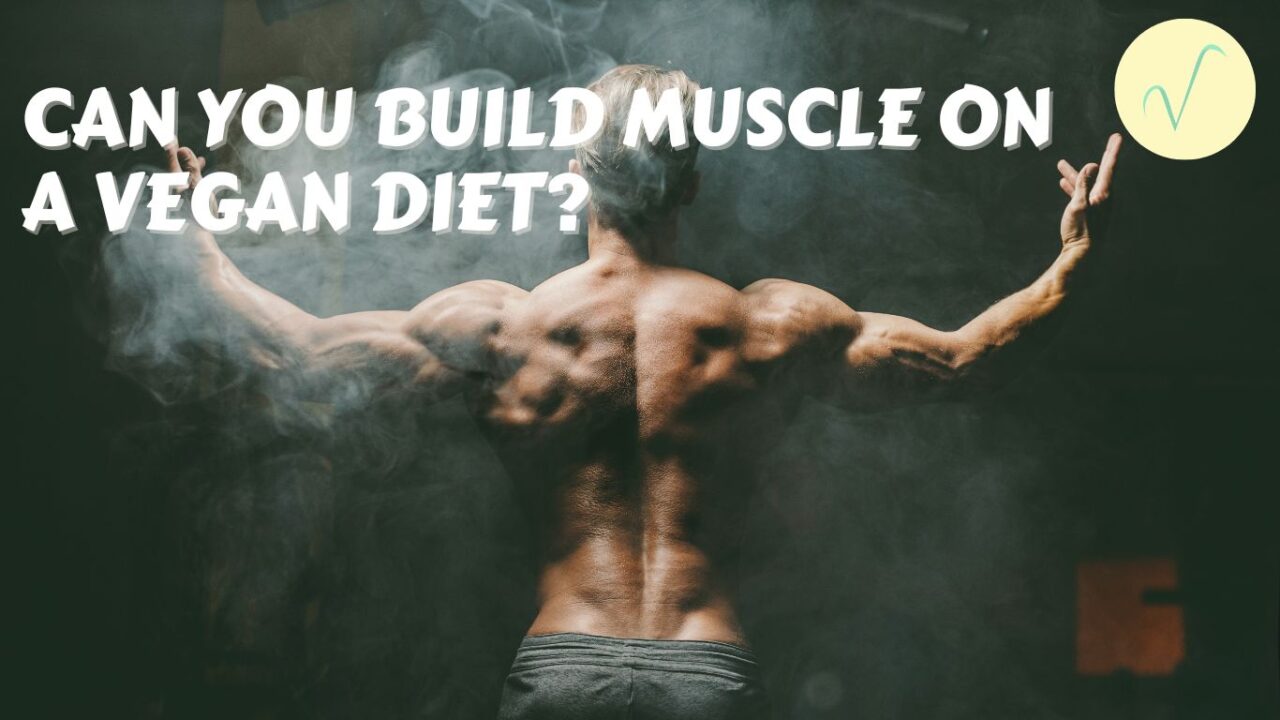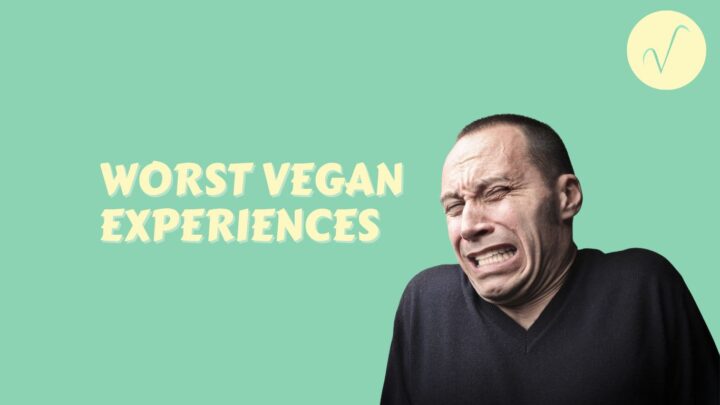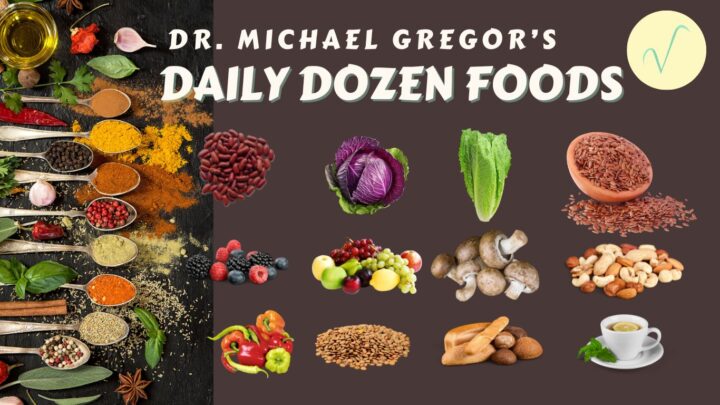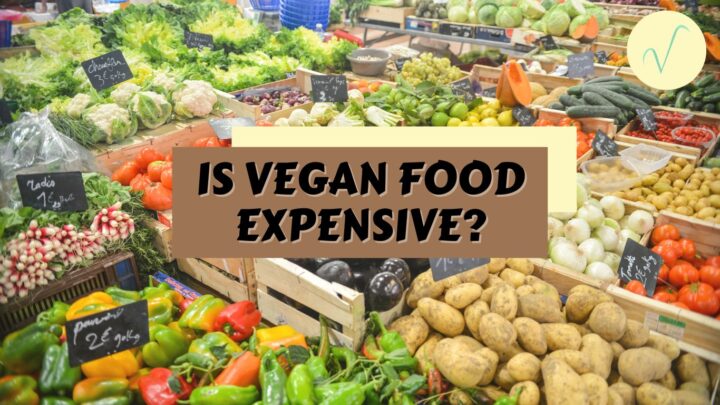It’s a common misconception that vegans are weak; that vegan diets are low in protein, and that vegans can’t build muscle.
It’s only been recently discovered that well-planned vegan diets are just as, if not more nutritionally sound than the common omnivorous diets that indulge in meat and dairy.
The key term here being well-planned, as a well-planned vegan diet does in fact provide the necessary nutrition for optimal athletic performance.
Let’s go through the facts and how vegan diets can prove to be beneficial for building muscle.
Vegan diets for endurance
Endurance athletes are all about the stamina.
With a few studies showing different things, one study comparing the vegan diet with the lacto-ovo vegetarian diet reported neither an advantage or disadvantage of either diet on endurance and performance.
Another study ran with a group of women depicts that a vegan diet may improve sub maximal endurance as compared to omnivorous counterparts. In English, that basically means the vegan participants had a longer time to exhaustion than omnivores.

But why is this the case?
It appears to be a combination of factors, again, when talking about plant-based whole food diets, some of which including:
Leaner body mass
Improved glycogen storage
Increased tissue oxygenation
Reduced oxidative stress
Reduced inflammation
A study shows that plant-based diets are key to good cardiovascular health, beneficial for endurance athletes.
The same study also surprisingly discovered that iron intake is actually higher in a plant-based diet, considering leafy greens and legumes are rich in the mineral.
Plant-based diets some with benefits such as improved plasma lipid concentration, lower blood pressure, and blood sugar control; With this, they can improve performance and recovery for endurance athletes.

Vegan diets and strength building
With strength building it’s a whole other ball-game.
There’s factors in place such as nutrients absorption, digestive issues and naturally lower stores of creatine and beta alanine. According to research which may need to be supplemented, considering the main dietary sources of them are meat, fish and poultry.
Another study was run comparing high protein diets among plant-based individuals and omnivorous diets.
Results concluded that there was no difference between the protein source for supporting muscle strength and mass. As far as protein’s concerned, the source doesn’t affect adaptation of untrained young men.
Taking these into account, a well-planned vegan diet should provide adequate protein and nutrition to be used as adequate muscle food. For long-term vegans looking for bigger gains may benefit from creatine supplementation.

Vegan diets, rest and recovery
With the benefits of a plant-based diet including reduced oxidative stress, inflammation and improved oxygenation, vegan diets are also beneficial in the reduction of overall recovery time.
The role vegan diets play in improved recovery includes maximising glycogen synthesis, so long as you prioritise the consumption of complex carbohydrates.
In the same study, it was noted that oat protein was protective in reducing muscle soreness and inflammation, particularly for those downhill running.
With reduced inflammation and improved blood flow, as well as improved tissue oxygenation. A well planned plant-based diet helps to provide the ideal environment for better workout recovery.

Can you build muscle on a vegan diet?
In short, yes you can, and then some!
You just need to make sure you plan correctly and eat sensibly.
There is a wide array of plant-based foods out there with more than enough protein to meet your requirements. The same foods also aiding in improved recovery and efficiency of your workouts, working better for you in the long-run.
The point to take into account is that vegan diets are naturally short of creatine and beta alanine, if you wanted to be technical with it. This is something you can always supplement.
Hopefully this de-bunks the common misconception of vegans that we don’t consume enough protein. If you need vegan sources of protein check out our past post!
If you enjoyed this article feel free to bookmark, share and leave a comment – We love to see your responses!




